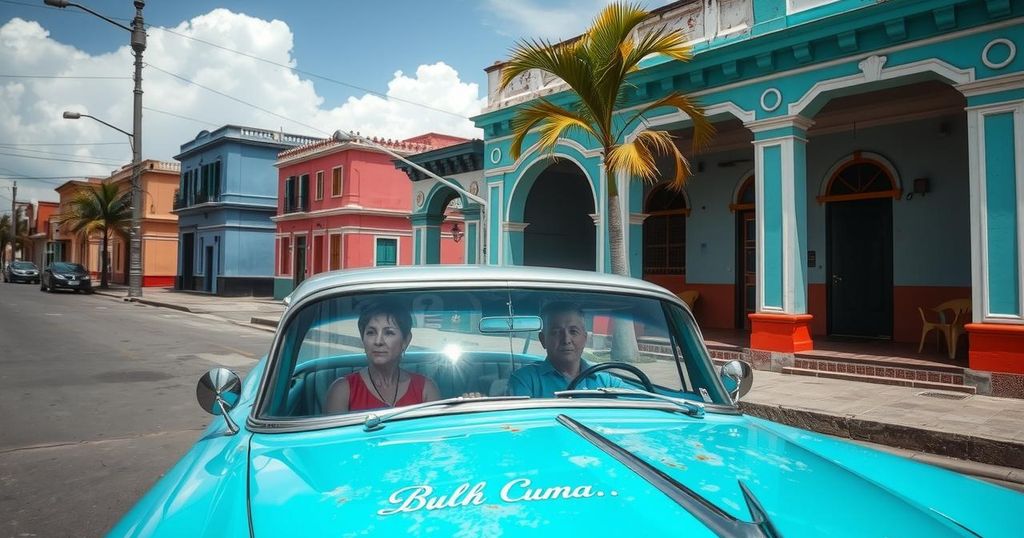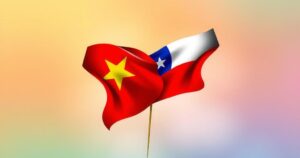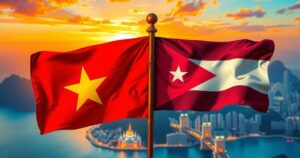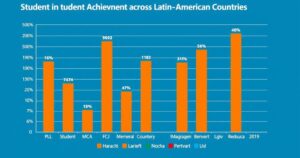Cuba’s Tourism Industry Faces Challenges Amid Blackouts and Political Uncertainty

Cuba’s tourism industry is experiencing significant setbacks due to nationwide blackouts caused by aging infrastructure and the impacts of Hurricane Rafael. A major Canadian tour operator, Sunwings, has removed hotels from its offerings, steering travelers towards alternative destinations. The anticipated re-escalation of U.S. sanctions under a potential Trump administration further complicates the situation for Cuba, raising concerns about the island’s economic stability and tourism prospects.
As winter descends in North America, Canadian tourists, often referred to as “snowbirds,” typically seek refuge from the cold in tropical destinations such as Florida and the Caribbean. Cuba, with its allure of pristine beaches like Varadero, has traditionally attracted a significant number of Canadian visitors, especially since U.S. citizens face travel restrictions due to the U.S. economic embargo. Nearly one million Canadians visited Cuba last year, making Canada the largest source of tourists to the island. However, a recent decision by Sunwings Vacations Group, a key Canadian tour operator, to eliminate 26 hotels from its Cuba offerings in response to severe blackouts caused by aging energy infrastructure, poses challenges for Cuba’s beleaguered tourism sector. The situation worsened following a national blackout from Hurricane Rafael and a significant breakdown at Cuba’s largest power plant, raising concerns about consumer confidence. Sunwings’ Chief Marketing Officer, Samantha Taylor, expressed the company’s continued support for Cuba while acknowledging the need for providing travelers with alternative destinations in nearby countries like the Dominican Republic and the Bahamas, thereby indicating a shift in client preferences due to the current electricity crisis.
The implications for Cuba are substantial, as the tourism sector serves as a crucial economic driver and a primary source of foreign currency, second only to remittances. Lessner Gómez, director of the Cuban Tourism Board in Toronto, emphasized the government’s commitment to enhancing tourism infrastructure and services despite recent setbacks. However, the ongoing blackouts and other environmental challenges threaten the country’s ability to fulfill these promises. Further complicating the outlook for Cuban tourism is the prospect of a renewed U.S. administration under Donald Trump, particularly with Marco Rubio as the anticipated Secretary of State, both known for their stance against the Cuban government. As former Cuban diplomat Jesús Arboleya noted, “This is probably the Cuban Revolution’s hardest moment,” reflecting concerns about the future of U.S.-Cuba relations and the potential tightening of sanctions on the island.
Cubans fear that reinstating stringent travel restrictions and economic sanctions could devastate their tourism industry, which suffered a dramatic decline following changes in U.S. policy during the Trump presidency. Indexed to the peak tourist influx during the Obama administration, visiting numbers have approximately halved as the country grapples with the fallout from these policies combined with the global pandemic. Despite the current difficulties, Cuba’s unique cultural offerings continue to attract a select number of visitors, although concerns about infrastructure and service quality amidst the energy crisis threaten to dampen these appeals. As Sunwings’ altered vacation packages suggest, the desire to experience Cuba’s charm is overshadowed by reservations stemming from the island’s persistent challenges.
Cuba’s economy heavily relies on its tourism sector, which surged after the thaw in U.S.-Cuba relations during the Obama presidency. However, the reintroduction of stringent U.S. sanctions and the consequences of the COVID-19 pandemic have significantly impacted tourism, which was already facing challenges due to an aging energy infrastructure. With Canadian tourists making up the bulk of visitors following U.S. restrictions, recent developments, including severe blackouts, threaten Cuba’s appeal as a travel destination amidst anticipation of a potentially hostile U.S. administration. The implications extend beyond just tourism, affecting Cuba’s broader economic landscape and efforts at reform.
In summary, Cuba’s tourism sector is facing existential challenges from a combination of internal crises, including a failing power infrastructure and external pressures stemming from geopolitical shifts. The decision by a major Canadian tour operator to withdraw hotel offerings highlights the precariousness of Cuba’s tourism viability. As fears mount regarding U.S. policy under a strengthened conservative government, the future of Cuba’s economy remains uncertain, dependent on a delicate balance of domestic improvements and external political relations.
Original Source: www.bbc.com





